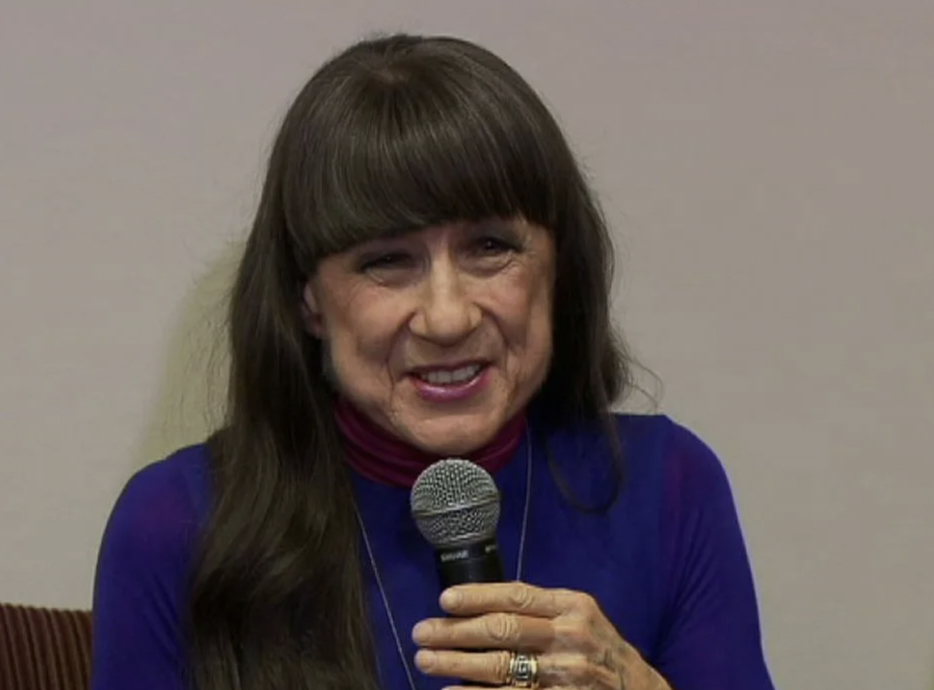
Judith Durham’s Timeless Voice: A Legacy of Soul and Resilience
Judith Durham, the crystalline voice of The Seekers, left an indelible mark on music with her pure, emotive delivery, often likened to Karen Carpenter’s angelic tone. In a 2015 Noise11.com interview, Durham reflects on her solo album Climb Every Mountain, recorded in 1970 at Abbey Road and reissued on CD after 45 years. Her stories—of collaborating with Dudley Moore, recording Elton John’s “Skyline Pigeon,” and navigating a solo career post-Seekers—reveal a woman whose humility and spiritual depth shaped her art. As John Foster channels George Strait’s legacy on American Idol, Durham’s interview underscores a parallel: the power of authenticity in carrying forward musical traditions, even through personal trials.
A Journey Through Abbey Road
Recorded in October 1970, Climb Every Mountain captured Durham at a pivotal moment. The Seekers, who recorded at Abbey Road for years, had disbanded in 1969, and the Beatles had just split, leaving Studio Two’s iconic aura ripe for Durham’s solo venture. “The Beatles were downstairs at night; we’d do daytime shows,” she recalls, painting a vivid picture of Abbey Road’s bustling creativity. The album, recorded in the cavernous Studio One with a 140-150-piece orchestra and choir, was a grand undertaking. Arranged by the celebrated Christopher Gunning, known for Poirot and La Vie en Rose, and featuring Dudley Moore’s virtuosic piano, the sessions were a blend of awe and ambition. “I’m hearing Dudley’s piano now on the CD,” Durham marvels, her gratitude undimmed by time.
The album’s centerpiece, “Skyline Pigeon,” gifted by a then-emerging Elton John (still transitioning from Reg Dwight), showcased Durham’s ability to make songs her own. Elton’s later praise—“Judith Durham, like Karen Carpenter and Eva Cassidy, possesses the purest voice in popular music”—was penned for her 2003 biography Colours of My Life, a testament to her enduring impact. Another gem, Rod McKuen’s “Kaleidoscope,” featured children’s backing vocals, adding a whimsical touch. Durham’s encounter with McKuen, who passed shortly before the interview, left her starstruck, yet she infused his song with her signature warmth.
From Seekers to Solo: A Spiritual Evolution
Durham’s shift from The Seekers to solo artistry was both a challenge and a revelation. Unlike Carpenter, whose solo album was shelved by a controlling industry, Durham embraced her independence, though she initially doubted her songwriting ability. “I didn’t know I could write,” she admits, crediting a spiritual meeting for inspiring her first song, “Let Me Find Love,” written in 1970. This philosophical bent, rooted in seeking love within, became a cornerstone of her work, culminating in over 300 songs, including suites about Australian cities and jazz compositions like “Mama’s Got the Blues.”
Her Seekers tenure, marked by hits like “The Carnival Is Over” and a compilation charting for two years post-breakup, didn’t include original writing until David Riley coaxed her into co-penning “Colours of My Life.” The 2013-14 Golden Jubilee tour, celebrating 50 years with the original lineup, was a triumph, playing to sold-out crowds at London’s Royal Albert Hall. Yet, like Alan Jackson scaling back due to health, Durham signaled a pause for The Seekers, noting, “Everybody’s happy to say that’s the time to bring it to an end,” though she left room for a potential 60th anniversary.
Resilience Through Adversity
Durham’s 1996 brain hemorrhage, like Jackson’s Charcot-Marie-Tooth disease, tested her resilience. “I lose vocabulary sometimes, search for words,” she confesses, yet her recovery—bolstered by a vegetarian lifestyle, spirituality, and fan support—mirrors Denise Jackson’s faith-driven healing after betrayal. Awarded the Order of Australia (AO) in 2014, Durham sees it as a call to inspire, much as she draws from role models like the Queen and Oprah Winfrey. “I’ve got to justify this incredible honor,” she says, her wholesome ethos a stark contrast to rock’s excesses.
Echoes Across Generations
X posts from August 2022, following Durham’s death at 79, reflect her lasting impact. @dotzbornak2024 ranked her alongside Carpenter and Linda Ronstadt, suggesting a state funeral for her 1960s Myer Music Bowl performance that drew 200,000. @Sue_Charles hailed her “crystal-clear vocals” as a defining 60s sound. John Foster’s rise, carrying Strait’s torch, echoes Durham’s reverence for tradition. His Idol covers, like Durham’s Climb Every Mountain tracks, revive classics with fresh heart, proving timeless voices endure.
Unlike the Zach Top rumor about Jackson, Durham’s legacy is no myth. Her interview, a treasure trove of history, reveals a woman who climbed every mountain—personal and professional—with grace. As Foster captivates a new generation, Durham’s story reminds us that authenticity and soul can bridge eras, leaving a melody that lingers long after the stage lights dim.